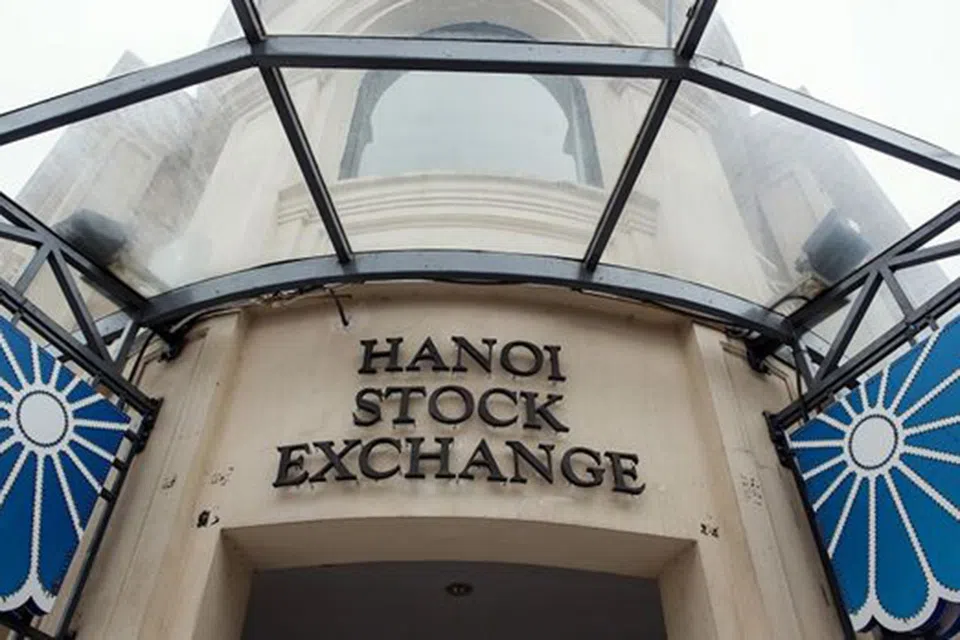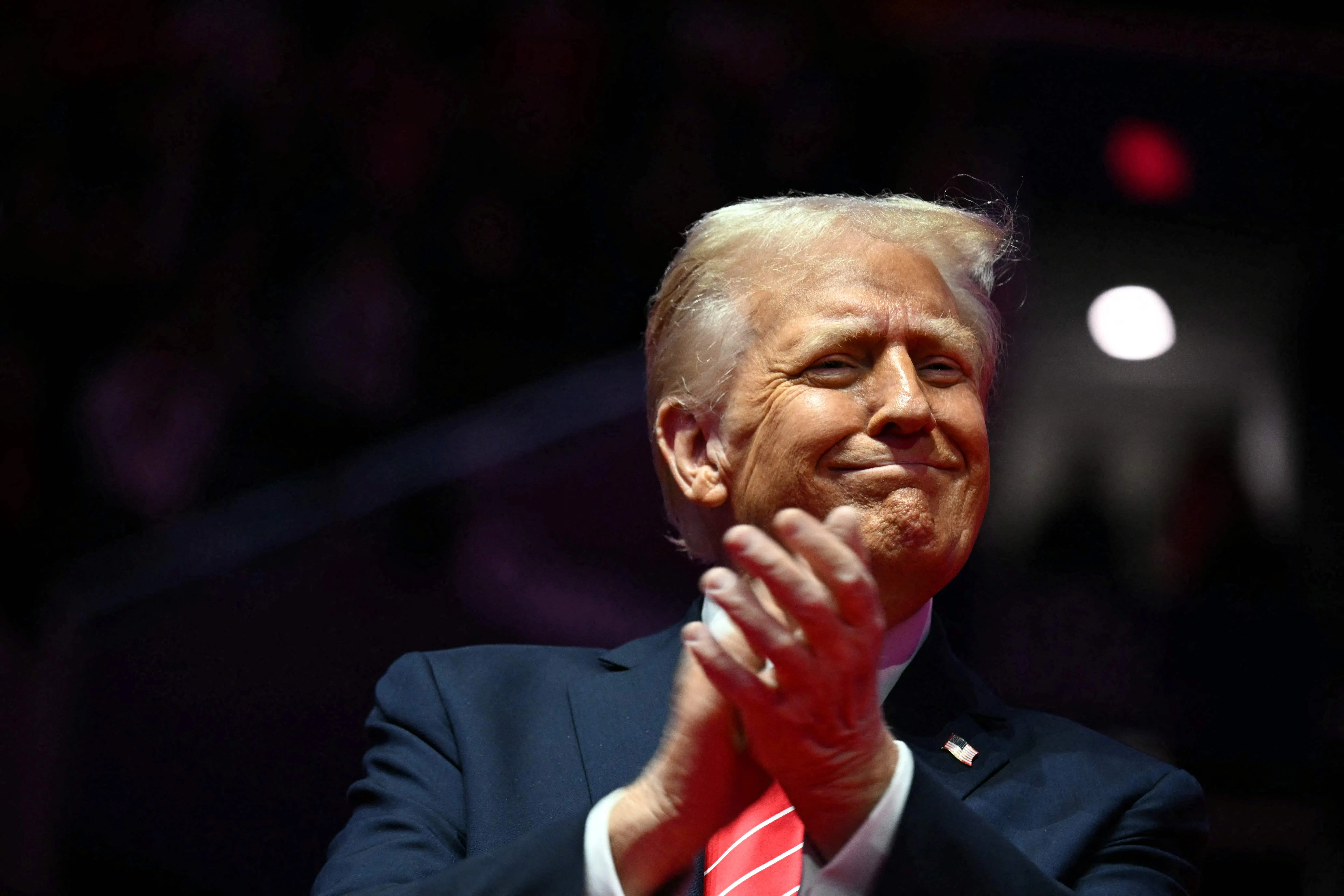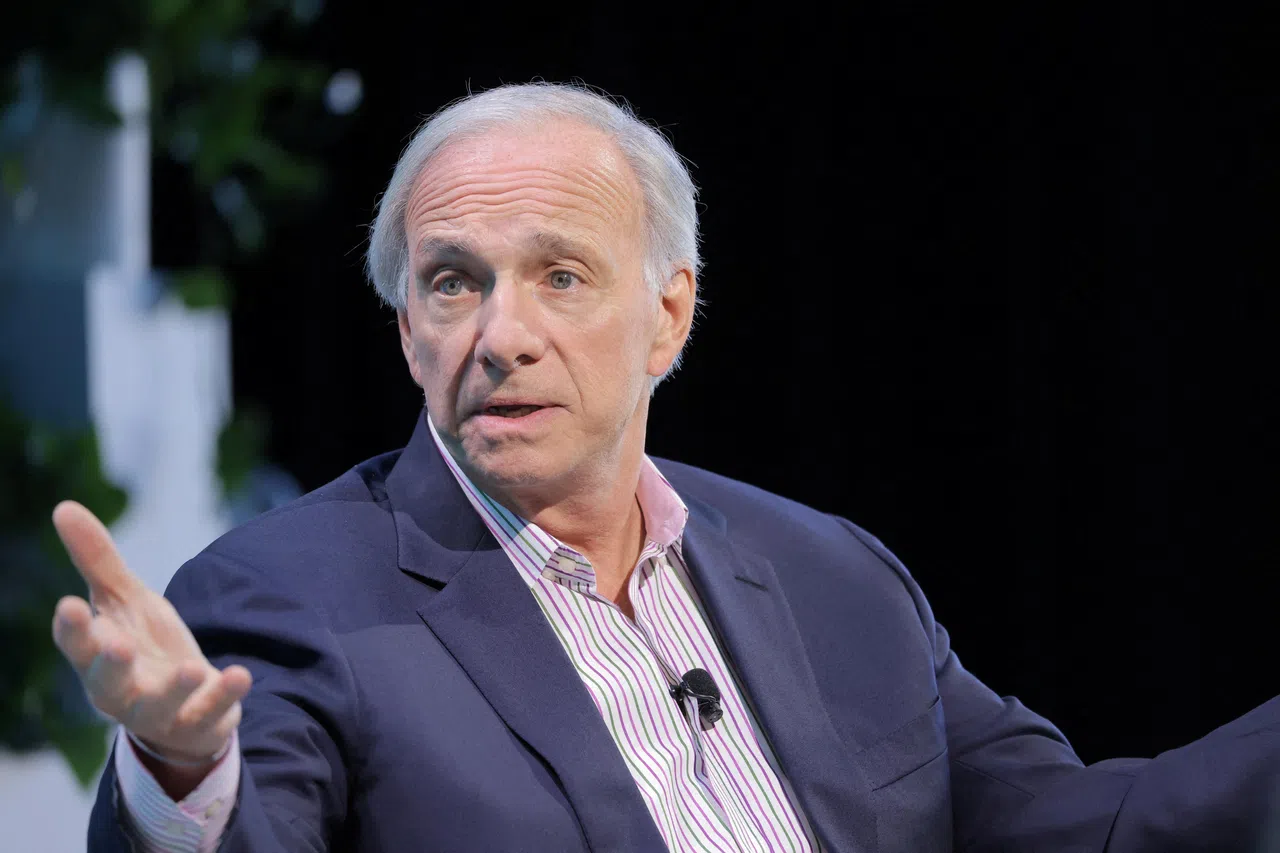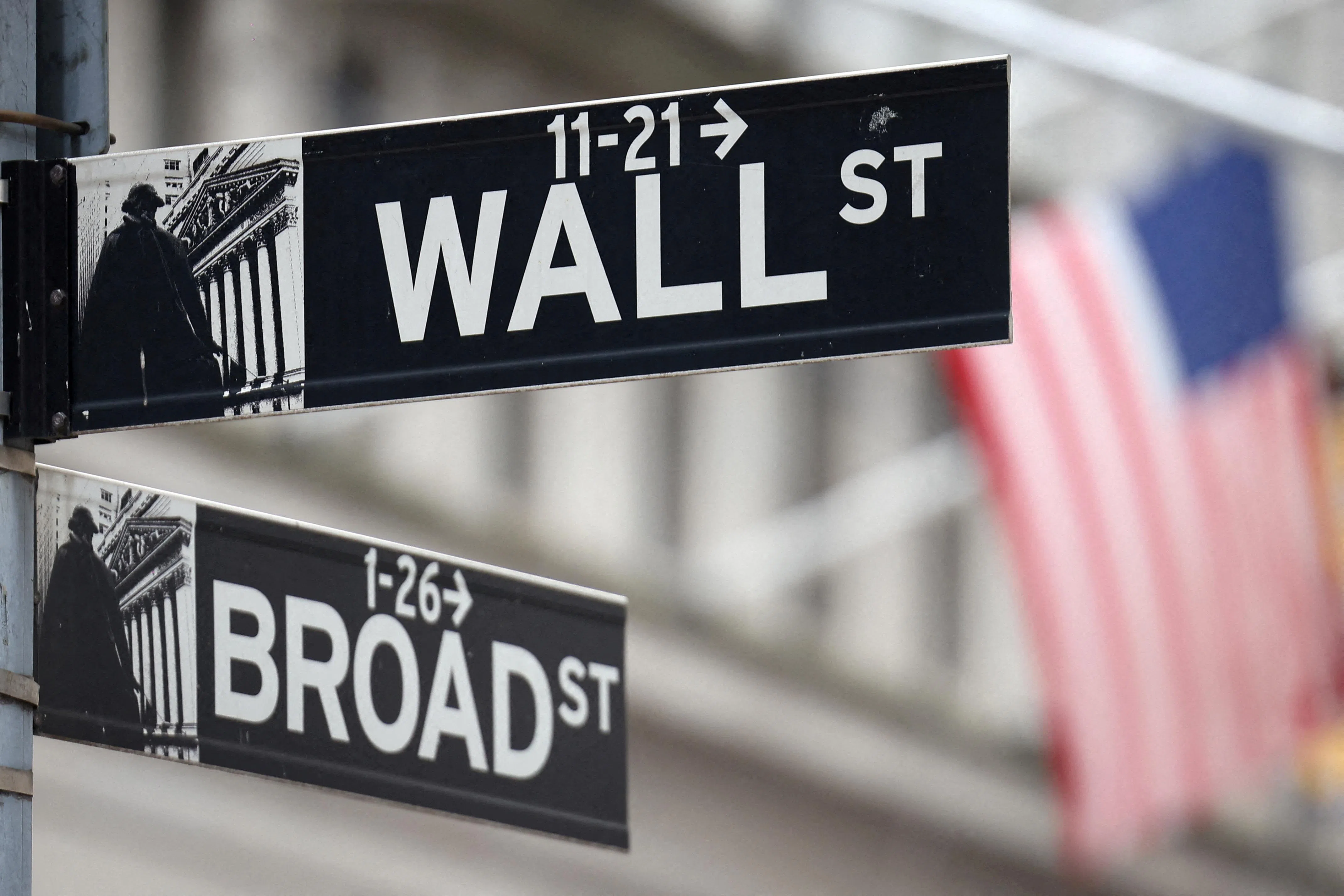VIETNAM’S authorities are planning a series of reforms to lure more overseas investors to the stock market in an effort to ensure South-east Asia’s fastest-growing economy has enough capital inflows.
Measures being considered include tax breaks and fee incentives for fund management companies to encourage overseas investors to play a greater role in the market, State Securities Commission of Vietnam vice-chairman Bui Hoang Hai said in an interview in Hanoi last week.
“One of the key priorities for regulatory agencies in 2025 is to address bottlenecks, ensuring the market is more attractive to foreign investors, particularly through reforms aimed at boosting the stock market,” he said. “The scale of the Vietnamese stock market is relatively large in the region. It still holds significant potential and opportunities for growth.”
Additional regulatory steps planned to boost the appeal of Vietnam to foreign funds include streamlining account-opening rules for indirect investment capital accounts, and requiring companies to comply with a regulation to make disclosures in English, Hai said. The country’s main stock exchanges in Hanoi and Ho Chi Minh City have both been asked to expedite the introduction of a new trading system to speed up settlement, he said.
Vietnam has taken a series of measures to boost the attractiveness of its equities to global funds in recent years, including seeking to gain reclassification as an emerging market by FTSE Russell indexes. The country in November removed a requirement for overseas investors to fully prefund equity trades, eliminating one of the long-standing barriers to its potential upgrade.
There are still a number of deterrents to greater involvement by foreign investors including limits on overseas ownership in popular industries such as banking, transport and retail, said Ruchir Desai, a fund manager at Asia Frontier Capital in Hong Kong.
The potential impact on Vietnam from policies introduced by new US president Donald Trump may also make overseas investors wary, Desai said.
Vietnam’s benchmark VN Index has slipped 2.8 per cent over the past three months, in part due to concern about higher US tariffs. The dong has weakened about 0.5 per cent over the same period.
Should the stock market achieve emerging-market status, Vietnam may attract US$5 billion to US$6 billion of capital inflows from passive and active funds, Wanming Du, director of index policy at FTSE Russell, said at a summit last month. BLOOMBERG







